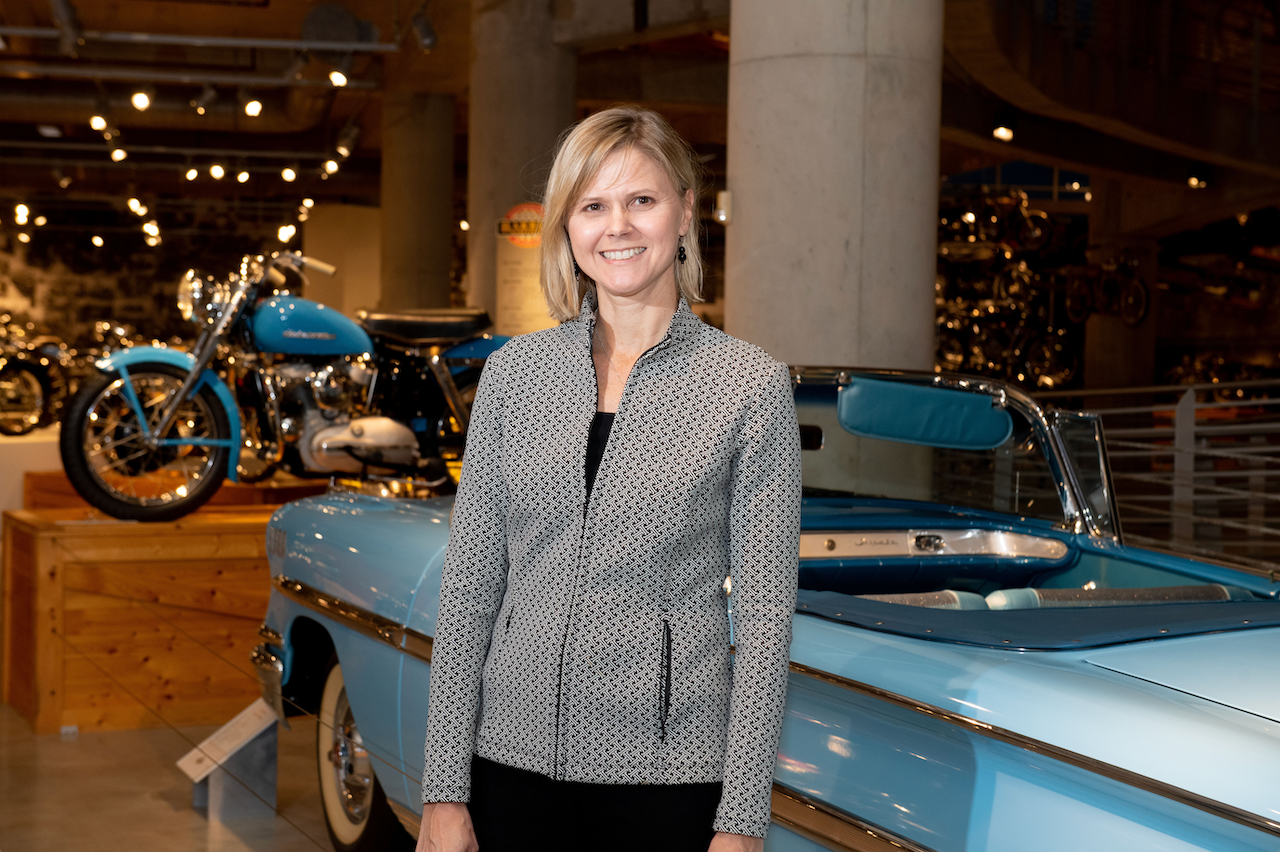As a Christian woman, I’ve always believed in a biblical worldview on the creation of man and woman, namely that God created man and woman in His own image — with equal dignities but unique natures — on purpose and by design. I’ve also found great wisdom in Catholic teachings on the “theology of the body” from Pope John Paul II that affirms a divinely created oneness between our God-given physical body and our soul that can’t be severed, even though today’s gender theorists would suggest otherwise.
The funny thing is I’ve always compartmentalized those beliefs as most applicable to my private life. It really wasn’t until our newly confirmed United States Supreme Court Justice Kentanji Brown Jackson (an intelligent woman of admitted faith) refrained from defining woman during her confirmation hearings, however, that I started to really reflect on what the word woman means to me as a Christian woman and if it should matter to broader society at all.
Keep in mind that, as a little girl, I idolized my father and older brother, avoided chores and was content wearing the same green button-down shirt for an entire year. If someone had asked me what the word meant then, I too couldn’t have spouted off its definition, but I would have had my suspicions. And if it meant wearing uncomfortable dresses, fretting over the latest fads or simply cleaning up the dishes, I would have preferred it remain a mystery.
By the time I was a young woman, however, the word’s meaning began to grow on (and with) me a little more. In high school and college, it meant enjoying time with friends, exploring my interests and talents and finding meaning not just in myself but also in my relationships with others.
Once I entered the professional world and found myself fortunate to be surrounded by a number of strong men, the word meant listening to - -and learning from -- those who didn’t just have more experience but those who had more wisdom. It meant understanding the importance of trusting another’s guidance but never allowing that trust to interfere with my own relationship with God. It meant gaining confidence not just in my own work but also in who I “am,” and seeing my natural inclinations toward empathy and compassion not as weaknesses but as assets intended to make the outside world more fully human.
Once I changed professions and found myself fortunate enough to be surrounded by a number of strong women, I learned it meant having an eye for another’s potential and possibilities and using whatever gifts I had to help them see it too. It meant being inspired by those women who have gone before me and inspiring those who will follow.
When I got married, the word’s meaning truly expanded. It meant becoming a gift to a man and receiving a man as a gift to me. It meant seeing the differences in us both but finding the good in each other by loving hard and unconditionally. It meant letting go of the past and living as one in the present, so together, we could impact the future. It meant working through disagreement, confusion and immaturity by holding tightly, as one, to God.
The five times I became a mom — and even more so, the time I didn’t — the word came to mean something even deeper. It meant understanding firsthand the human capacity to participate in God’s miracles, as well as the devastating fragility of life. It meant understanding the responsibility that comes with that knowledge and accepting the duty to both preserve and promote that life not just in my home, but also in the world around me, when given the chance.
But it was perhaps when I watched my own mother pass from this life into the next surrounded by her family and friends that I confronted the definition in its purest form. It meant embracing a life geared towards spiritual motherhood — becoming a living and breathing Christ-like “home” for others — so that when it’s actually time to return to our heavenly home, we can do it with the peace of knowing we will all meet again.
So I suppose my definition of woman may not lend itself to a two-line response before any committee either because, quite frankly, it’s a definition that has grown up along with me (and one I often fail to meet). But it is a definition worth proudly sharing and one that society would be wise to value, not diminish.
Krissie Allen is a former attorney and English teacher who writes about issues impacting faith, society, and good sense. The views and opinions expressed here are those of the author and do not necessarily reflect the policy or position of 1819 News. To comment, please send an email with your name and contact information to Commentary@1819News.com.










